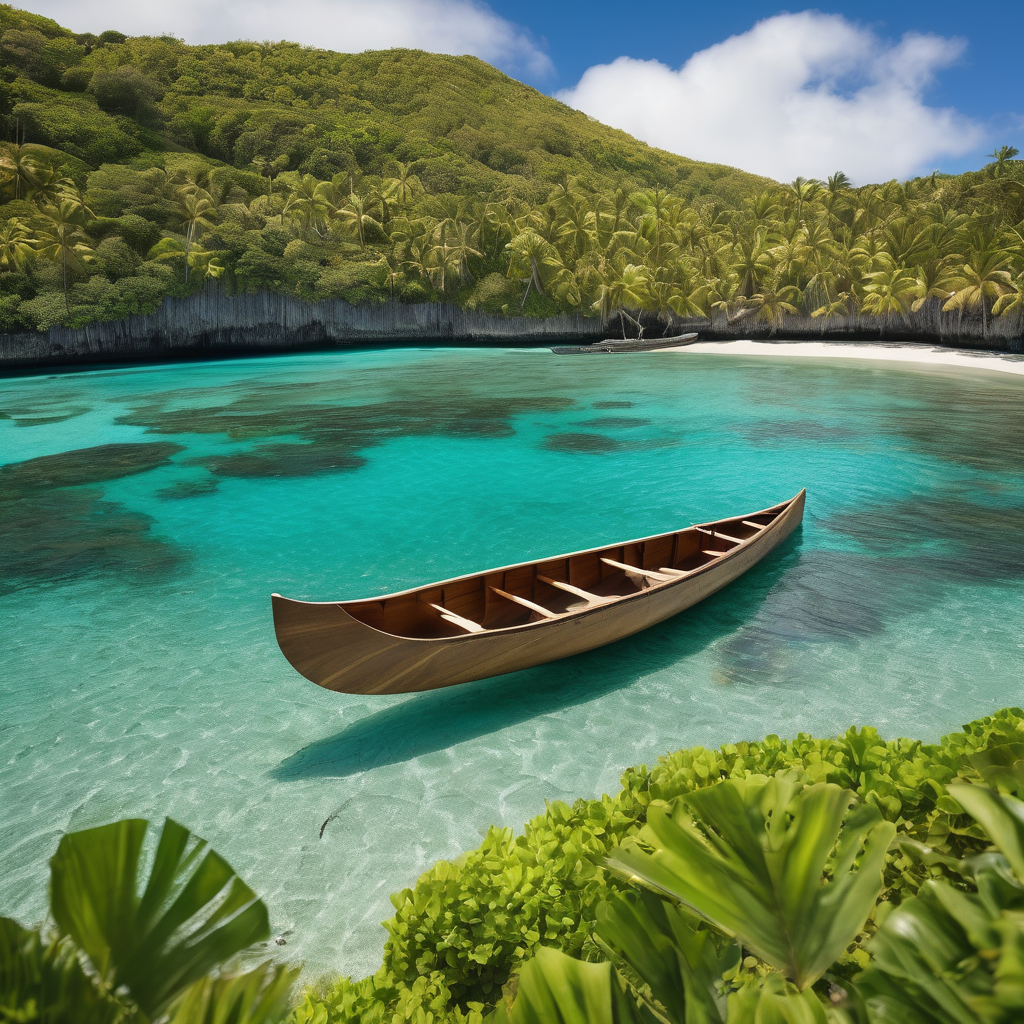A thorough inspection of development activities was conducted at Laucala Island Resort last month to ensure that operations adhere to Fiji’s environmental and resource management regulations. The inspection, led by Dr. Sivendra Michael, the Permanent Secretary for Environment, included representatives from various ministries, such as Environment, Lands, Local Government, and Fisheries.
This collaborative effort aimed to reinforce Fiji’s commitment to sustainable development and ecosystem protection across its islands. Dr. Michael highlighted the crucial role of inspections in maintaining the delicate ecological balance and promoting responsible investment within the tourism sector.
During the inspection, officials assessed ongoing development practices for compliance with established permit conditions, identifying areas that might require corrective action. The main objective was to safeguard fragile ecosystems and marine resources, ensuring that tourism developments align with environmental sustainability goals.
This initiative reflects the Fijian government’s continuous endeavor to balance economic growth with environmental stewardship. The Ministry of Fisheries has notably advocated for coordinated efforts that enhance the protection of marine ecosystems while encouraging responsible tourism investments. Such a commitment is vital as the government strives to uphold and monitor sustainable practices in island development projects.
Recent tours led by Tourism Minister Viliame Gavoka in the Yasawa Islands have highlighted similar initiatives, promoting sustainable tourism practices in accordance with the National Sustainable Tourism Framework and the National Development Plan. Minister Gavoka’s efforts to improve transportation infrastructure, like developing airports in remote areas, further support these environmental initiatives by enhancing access while protecting Fiji’s rich biodiversity.
The inspection at Laucala Island sets an important benchmark for future oversight of tourism-related development projects throughout the islands, ensuring environmental considerations are prioritized in Fiji’s growth strategies. The cooperative approach taken by government agencies not only promotes inter-agency collaboration but also underscores the importance of community engagement in sustainable tourism efforts.
Fiji’s dedication to integrating responsible development practices into its tourism sector offers a promising outlook for the future, envisioning a scenario where the economy and environment can flourish side by side. This balanced strategy holds the potential for sustainable growth, benefiting local communities while preserving the natural beauty that attracts visitors to the islands.
